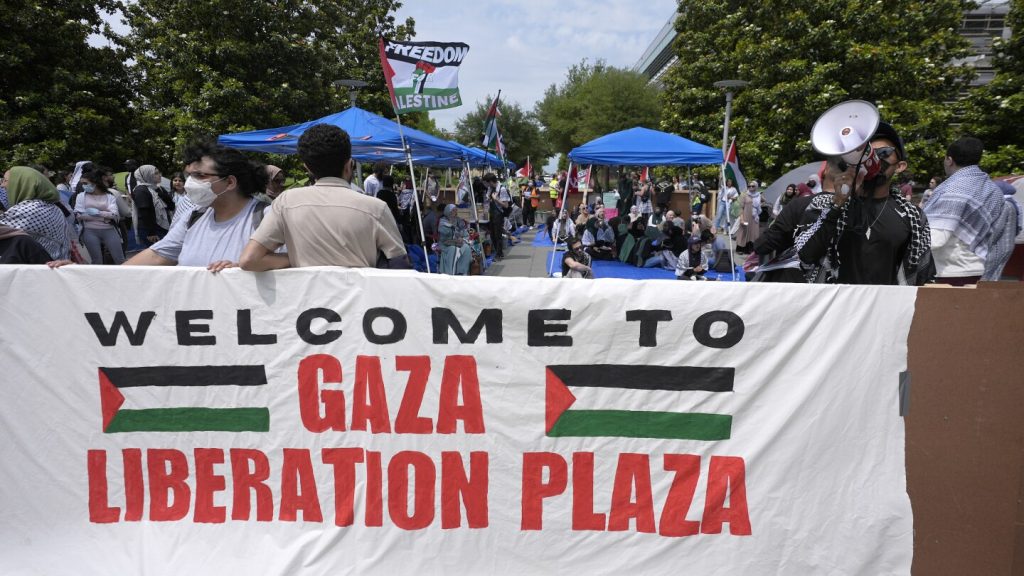Recent protests on college and university campuses across the United States have reignited the debate over the presence of “outside agitators”. This phrase has historically been used to dismiss the motivations of student protesters and justify calling in law enforcement to suppress nonviolent protests. Critics argue that labeling protesters as outside agitators is a tactic used by officials to delegitimize genuine grievances and portray movements as orchestrated by opportunistic outsiders.
During the Civil Rights Movement of the 1960s and 1970s, the term “outside agitators” was commonly used by state and local officials to suggest that civil rights protests were organized by people from outside the community. Martin Luther King Jr. famously spoke out against this label, emphasizing the interconnectedness of justice and the importance of solidarity among protesters. Similar accusations of outside agitators were made during the Black Lives Matter protests following the deaths of Michael Brown and George Floyd, with some officials blaming outsiders for violence and destruction.
In the current wave of protests on college campuses calling for divestment from companies profiting from the Israel-Hamas war, the rhetoric of outside agitators has resurfaced. College and city leaders have pointed to the presence of outsiders as a reason to cancel or alter plans for commencement ceremonies. The number of people arrested in connection with these protests has surpassed 2,800, with officials attributing the unrest to outside involvement. However, reports have shown that many of those arrested actually had local ties, challenging the narrative of outside interference.
Critics argue that accusing protesters of being outside agitators is a way to delegitimize dissent and ignore local voices advocating for change. By painting protesters as outsiders, officials seek to undermine the credibility of their demands and justify heavy-handed responses. In cases such as the recent protests at Columbia University in New York City, where over 100 people were arrested and the presence of “outside agitators” was cited by Mayor Eric Adams, the use of this rhetoric has drawn scrutiny and criticism.
While it is true that some individuals not affiliated with universities may participate in protests, experts warn against using this as a blanket explanation for dissent. The presence of outside influences does not negate the validity of the grievances put forward by student protesters. As movements for social change continue to gain momentum on college campuses and beyond, the debate over the role of outside agitators is likely to persist. Critics stress the importance of recognizing and addressing the root causes of protests, rather than deflecting attention by labeling participants as outsiders.


